We were lucky to catch up with Ashley Joyce recently and have shared our conversation below.
Ashley , appreciate you joining us today. Alright, so you had your idea and then what happened? Can you walk us through the story of how you went from just an idea to executing on the idea
It seemed like every February, I’d start giving people advice on planning and planting their spring gardens. People reached out to me because of my years of gardening experience. Finally, in late 2019, after years of people telling me I should charge for my helpful tips, the time felt right. I transitioned out of an elementary school teaching position, where I was teaching English to speakers of other languages. I planned to substitute teach for the rest of the school year, and just woke up one morning and decided I was going to start a business. It felt pretty low risk as I’d contribute to household expenses through subbing income, which would give me flexibility to take on jobs with clients when they had availability. I immediately enrolled in a ‘how to start a business’ class at my local Small Business Development Center (SBDC), reached out to others (who became my mentors) doing similar work in other cities. The Foodscaper was and continues to be an incredible professional community of professional ecological edible landscapers across the US. I utilized free library resources to do some market research on the local and statewide landscape industry, and decided to go for it. I quickly acquired licensure just before the COVID lockdown.
I reached out to a couple friends who had both shared interest in creating home vegetable gardens. They became my first test clients. In exchange for detailed feedback and photos, I provided them with consulting time and garden coaching to help them get their garden infrastructure set up, crop plans dialed, and gardens planted. I powered through my imposter syndrome, and fully embraced pandemic times as being the perfect time to start a gardening business, as so many people leaned into their outdoor spaces in 2020 – 2021. I ended up getting some earned media and quickly grew my Instagram following by sharing uplifting and joyful garden stories and tips during such a stressful time.
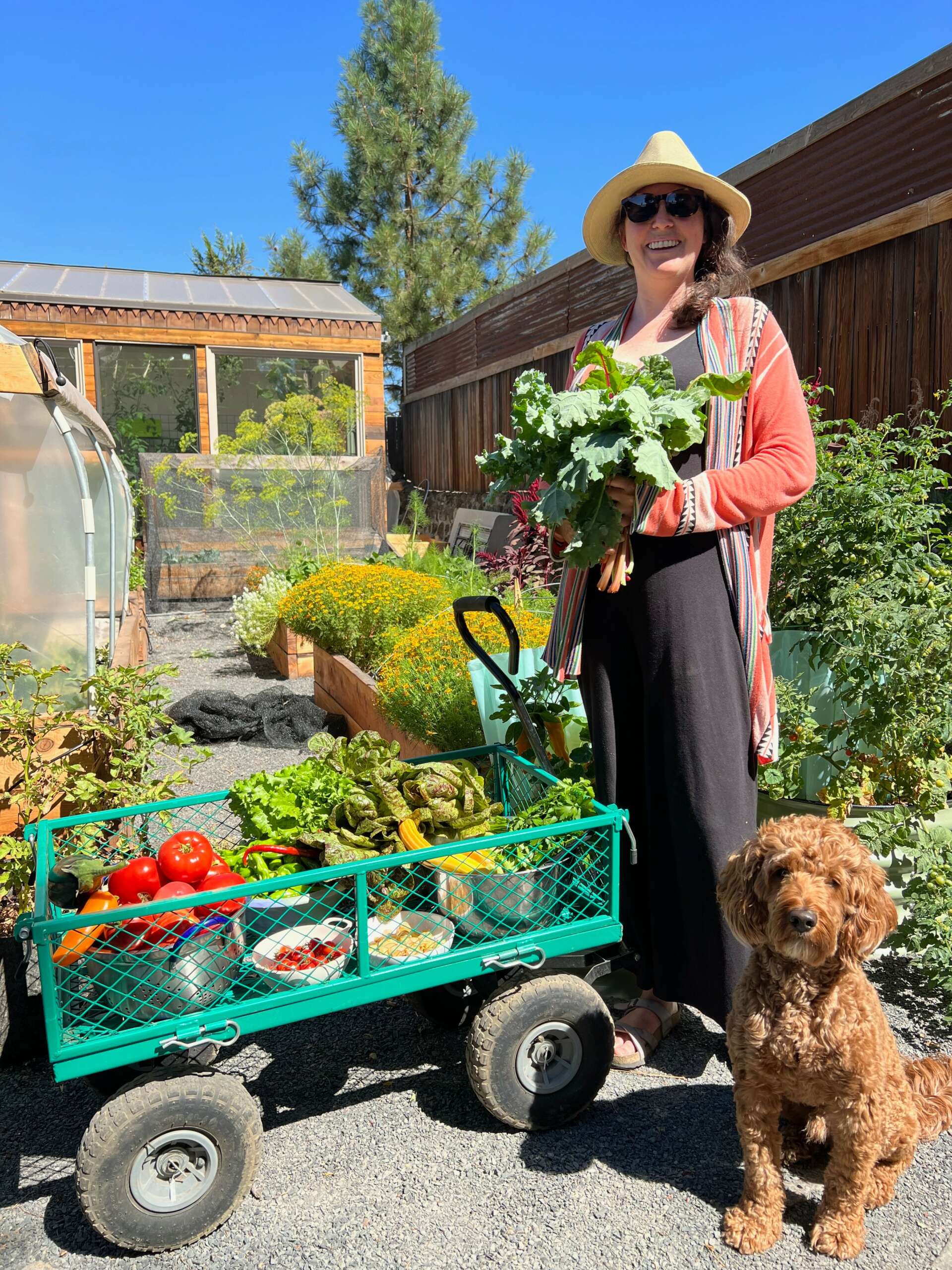
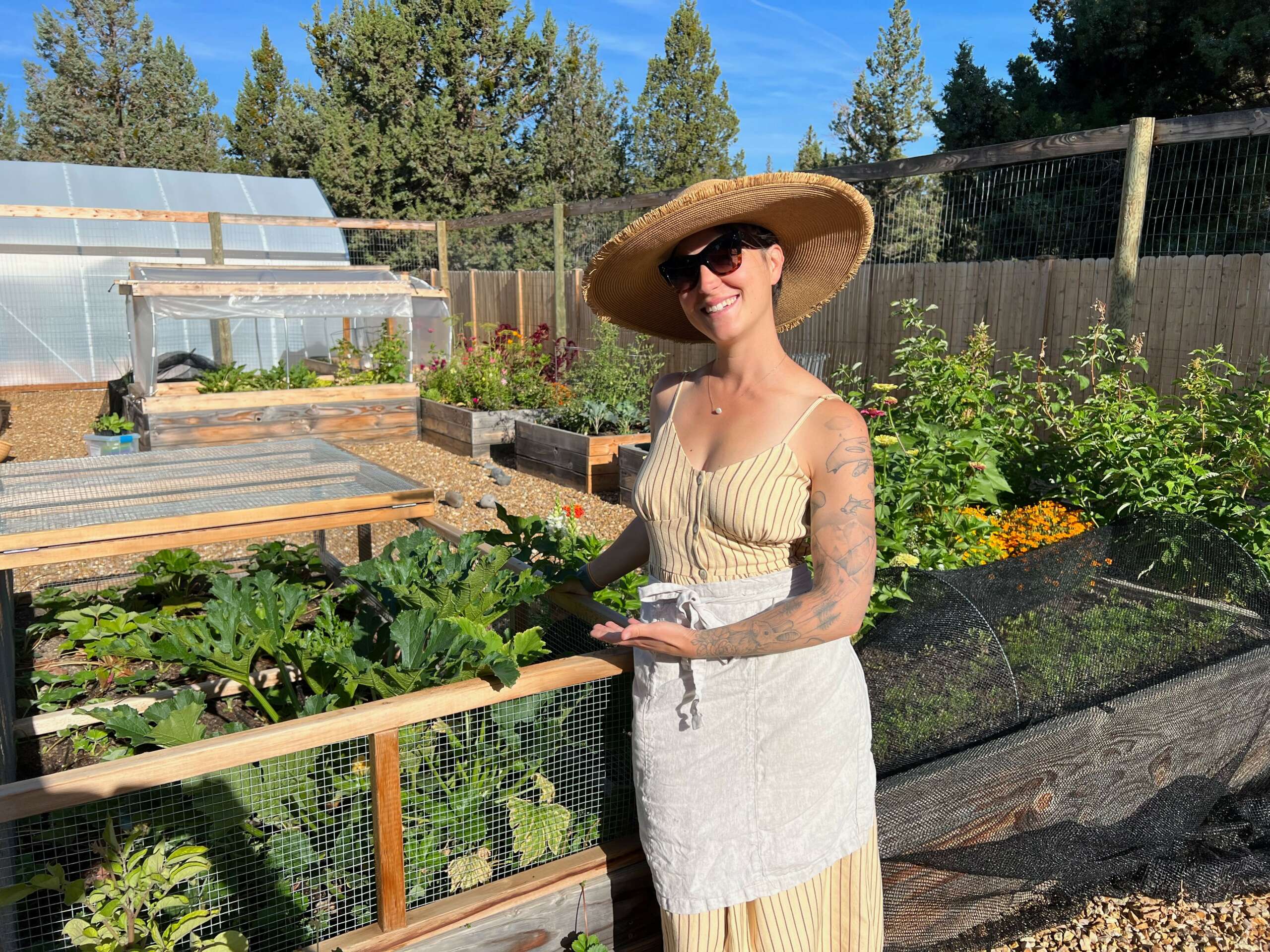
Great, appreciate you sharing that with us. Before we ask you to share more of your insights, can you take a moment to introduce yourself and how you got to where you are today to our readers.
I never grew a vegetable until after graduating college with degrees in Anthropology and International and Global Studies. I then served as an AmeriCorps VISTA volunteer, helping my neighbors gain greater access to nutritious food. These experiences led me to apprentice on organic vegetable farms in Oregon and California, and earn a Certificate in Ecological Horticulture from the Center for Agroecology and Sustainable Food Systems at UC Santa Cruz. In 2009, after completing the program, I moved home to Bend, Oregon and spent nearly nine years teaching nutrition, cooking, and gardening, as an educator with the OSU Extension Service SNAP-ED Program. In 2014, I became a licensed early childhood and elementary teacher with an ESOL (English to Speakers of Other Languages) endorsement.
Bend Urban Gardens empowers aspiring gardeners to grow food. We offer exceptional, full-service support for beginning and experienced local gardeners to create delicious and nutritious edible gardens. Our services range from on-site consultations and empowering garden lessons, custom raised garden bed construction, innovative season extenders, expertly designed conceptual design and personalized crop plans, and a wide variety of climate-appropriate plant starts.
Bend Urban Gardens combines my contagious enthusiasm for growing vegetables and my strong teaching skills and strategies to provide helpful and engaging edible garden inspiration and mentorship. Through our core values of being timely, maintaining a growth mindset of curiosity and offering exceptional products and services to care for people and the Earth, we break down barriers (“You can’t grow a vegetable garden in Bend”), offer unique (locally milled restoration juniper and fire salvaged incense cedar) high quality products, give personalized attention, and we are enthusiastic and encouraging, making gardening fun.
Anyone can improve their health and well-being through gardening. Growing vegetables in Central Oregon can be intimidating and overwhelming in our high desert climate where we can get frost any day of the year, our native soil lacks much organic matter, and we have huge temperature swings on a daily basis. We make gardening in our climate accessible through inspiration, education, and ongoing support, as needed. We want to set clients up for success within their unique microclimates. We utilize research based, proven organic gardening techniques, bringing research based information to new edible gardeners in a down to earth, easy to understand way, empowering gardeners with expert coaching and guidance for success.
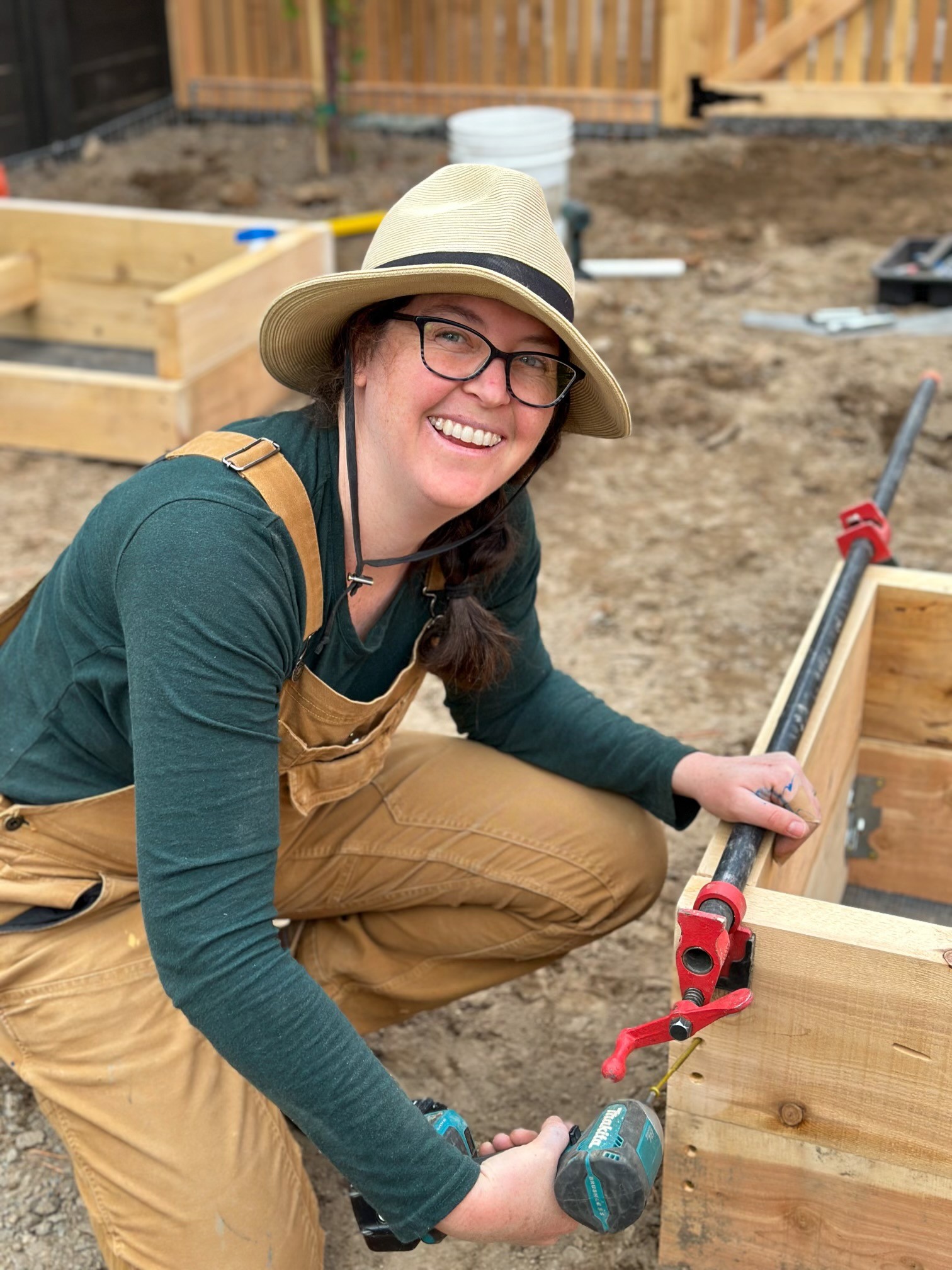
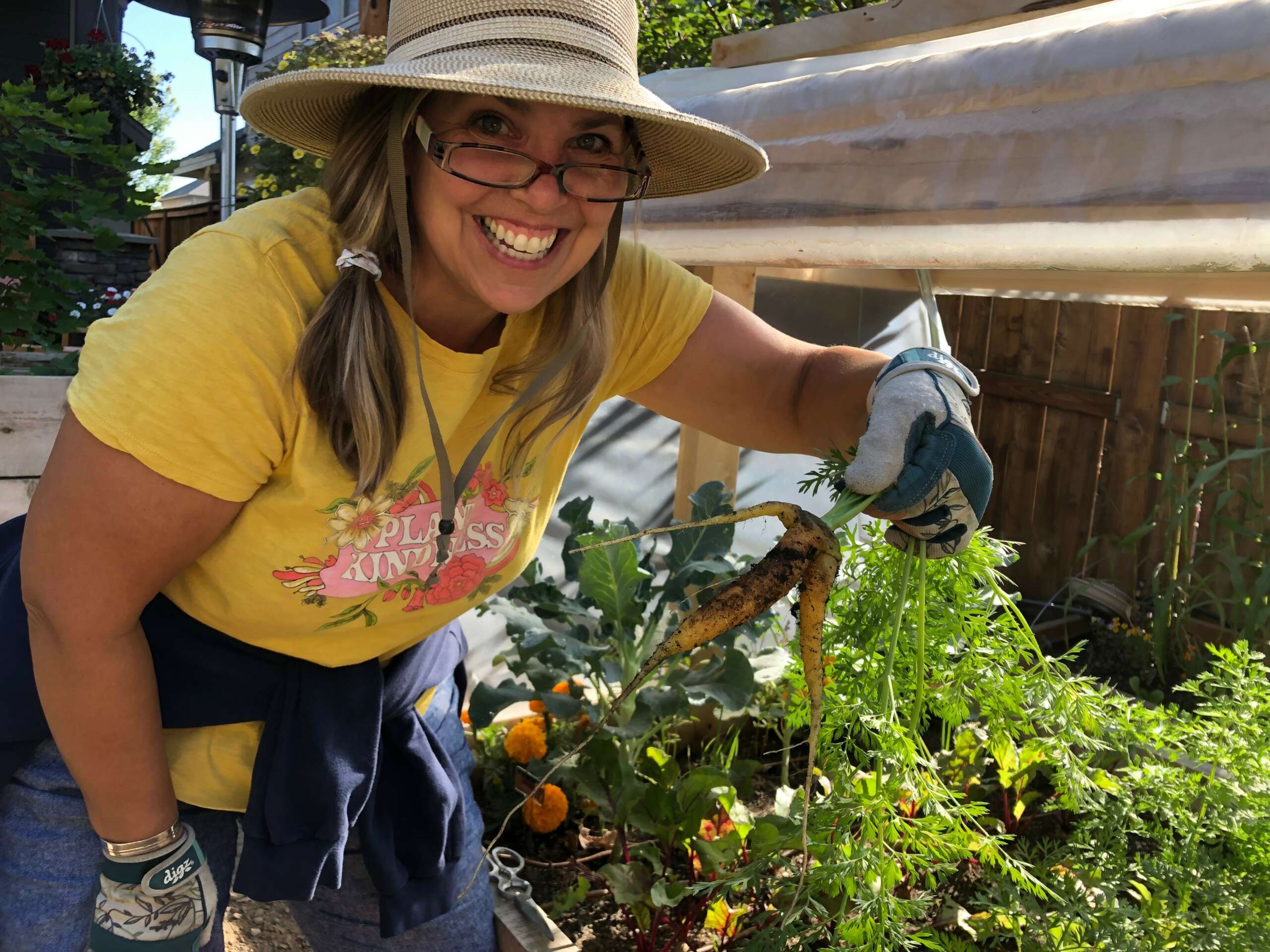
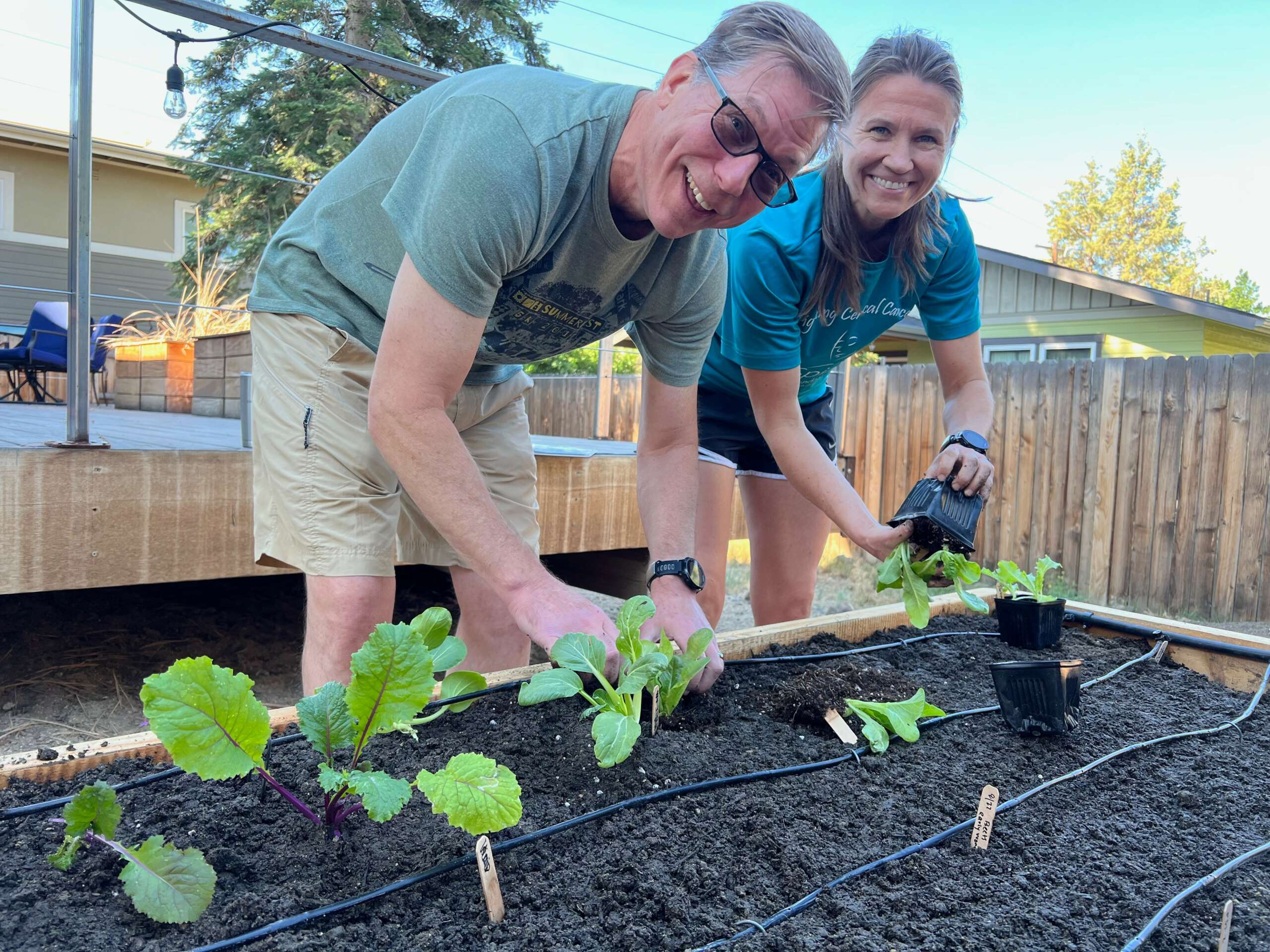
Any stories or insights that might help us understand how you’ve built such a strong reputation?
Having clear core values of doing what is right for people and the planet, getting back to people within 24 hours after they reach out to us, genuinely caring about the success of clients, being clear on what we do and don’t do (saying yes, but not yes to everything). For example, we are now taking on adding pollinator gardens to the exterior perimeter of fenced edible gardens, but referring clients to other contractors for steep slopes requiring terracing.
We have a demonstration garden and we invite people to come see it by appointment and host workshops and plant sales, as well. This shows gardeners how it is indeed possible to grow food in our more challenging high desert climate. By authentically sharing our enthusiasm, we’ve also built a very positive reputation within our region. Building relationships with people is what Bend Urban Gardens (BUG) is all about. We fill a very specific niche in the landscape market as a foodscaping business. Virtually any contractor can build a raised garden bed, but we provide wrap-around services to support gardeners through getting their garden infrastructure set up, planning to maximize space and time, and bringing plans to life. My education, life experience, openness to continuing to always learn/being involved in my community give me the credentials for clients to trust that BUG has the skills to set them up for success.
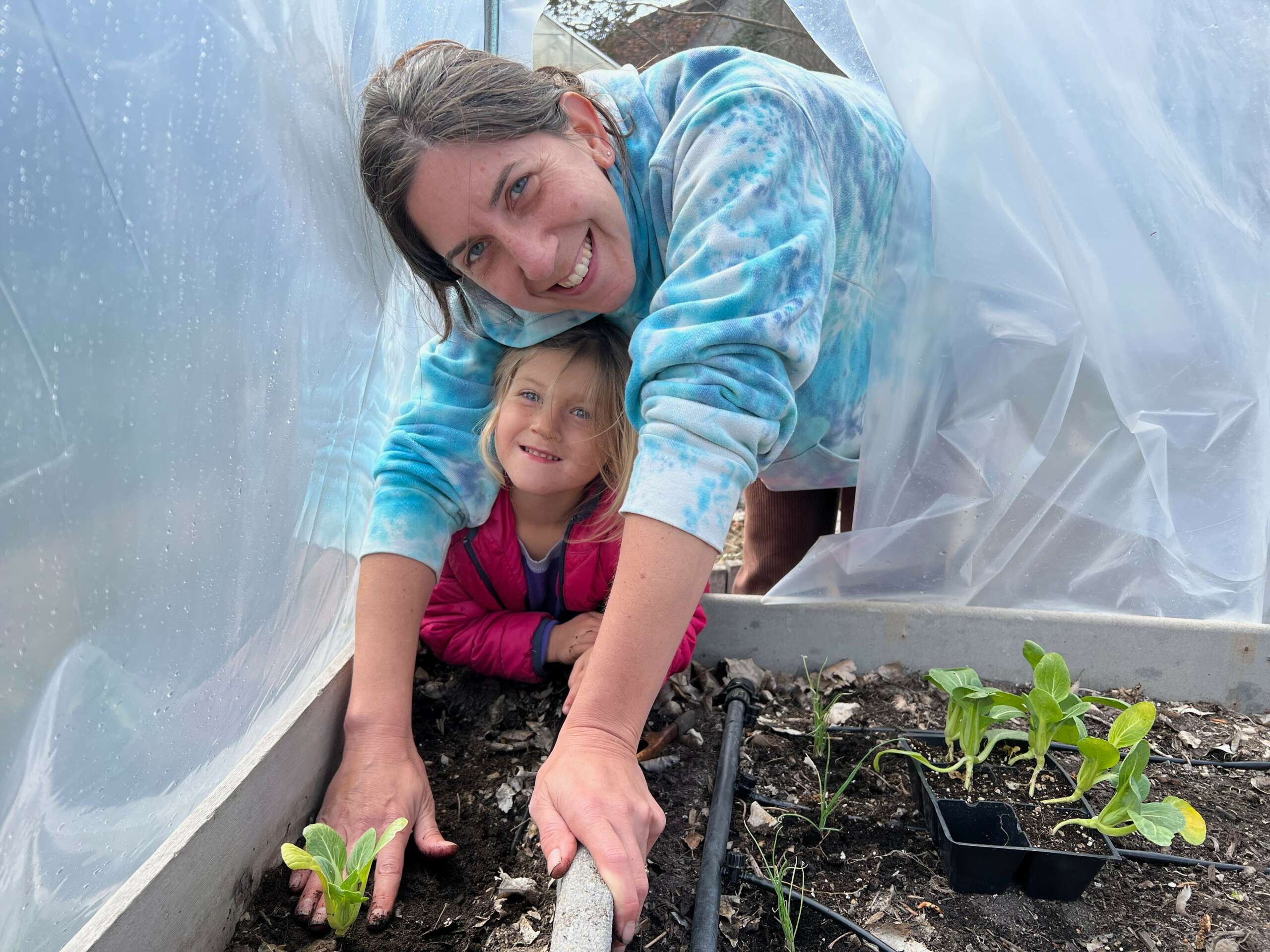
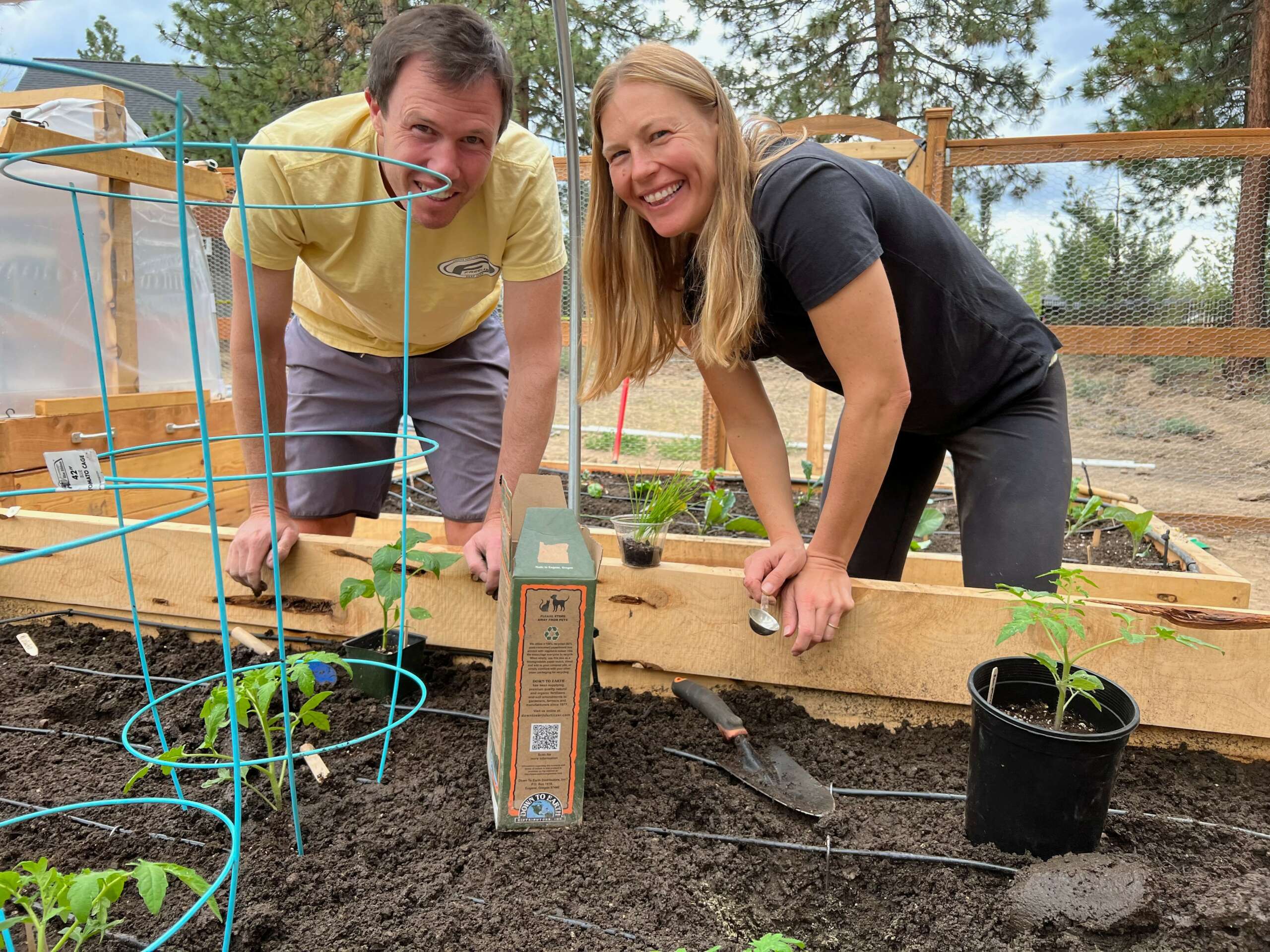
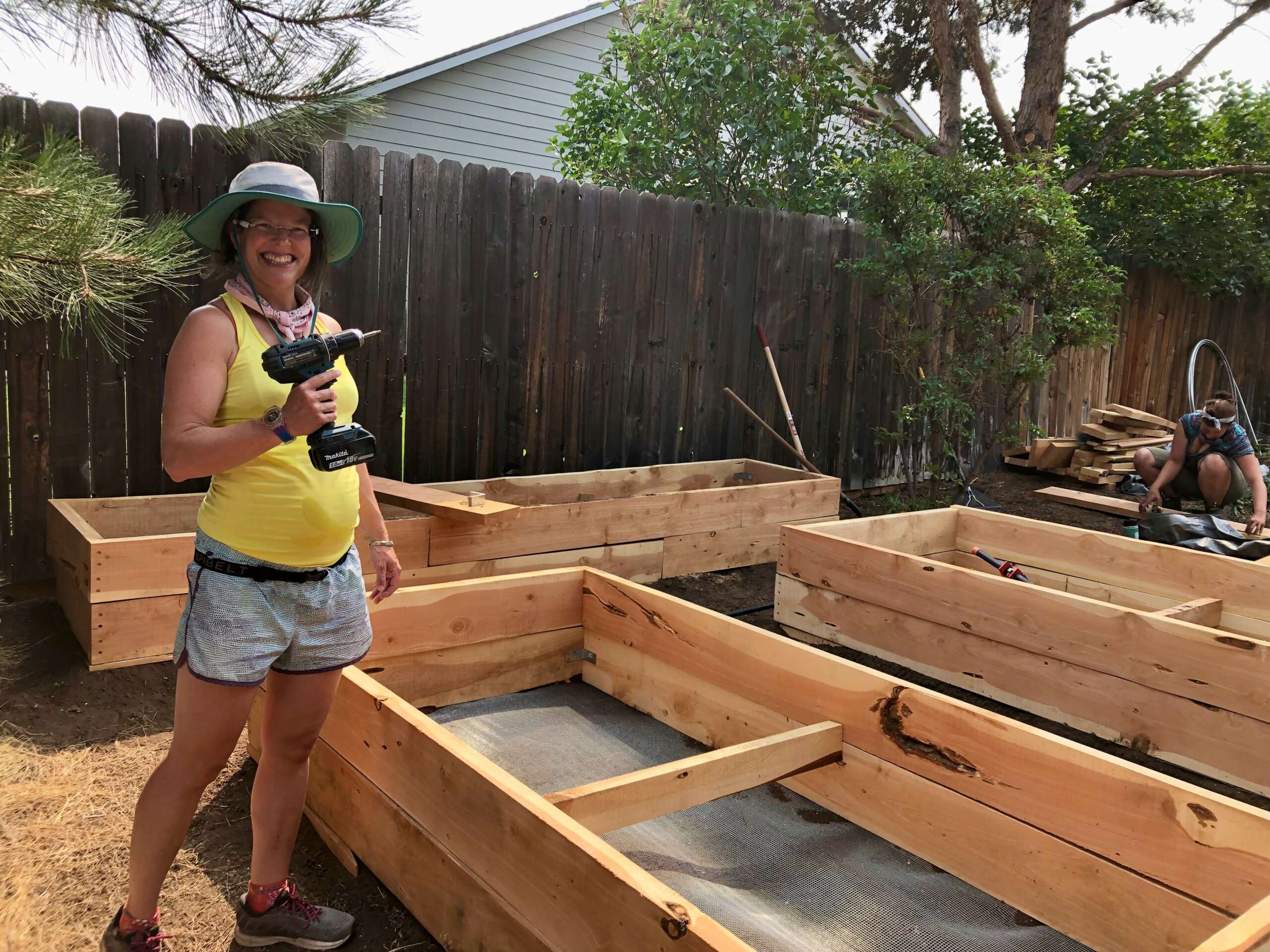
How did you put together the initial capital you needed to start your business?
I started my business with personal savings of $5,000 and probably could’ve done it for less. Most of that money went into purchasing a new computer, some office equipment, and power tools. The amazing thing about starting a foodscaping business is that it doesn’t have to take a huge capital investment. For the garden infrastructure we build, we collect a materials deposit prior to building, and the rest is our time.
Contact Info:
- Website: bendurbangardens.com
- Instagram: @bendurbangardens
- Facebook: bendurbangardens
- Yelp: bendurbangardens
Image Credits
Amanda Long @amandaphotographic took the photo of me sitting on the raised bed with a red shirt and tan overalls.


